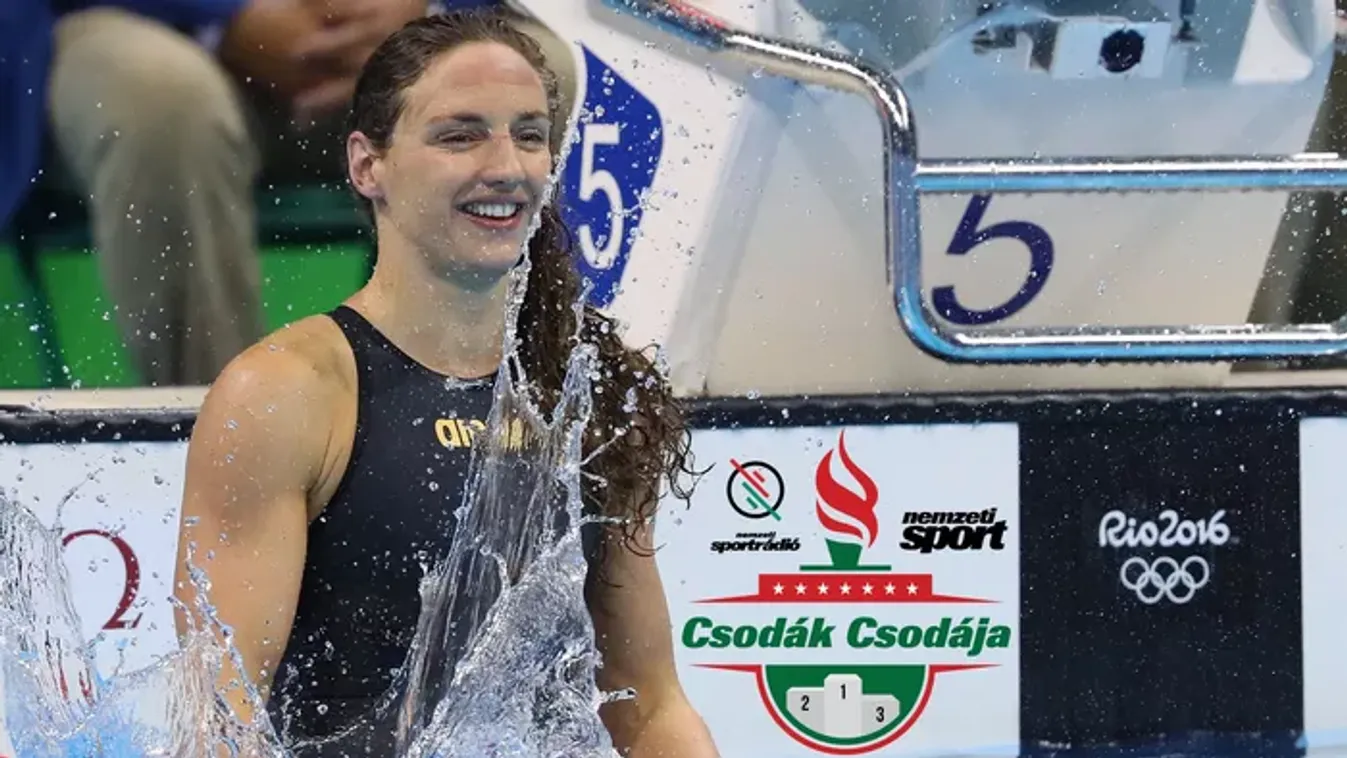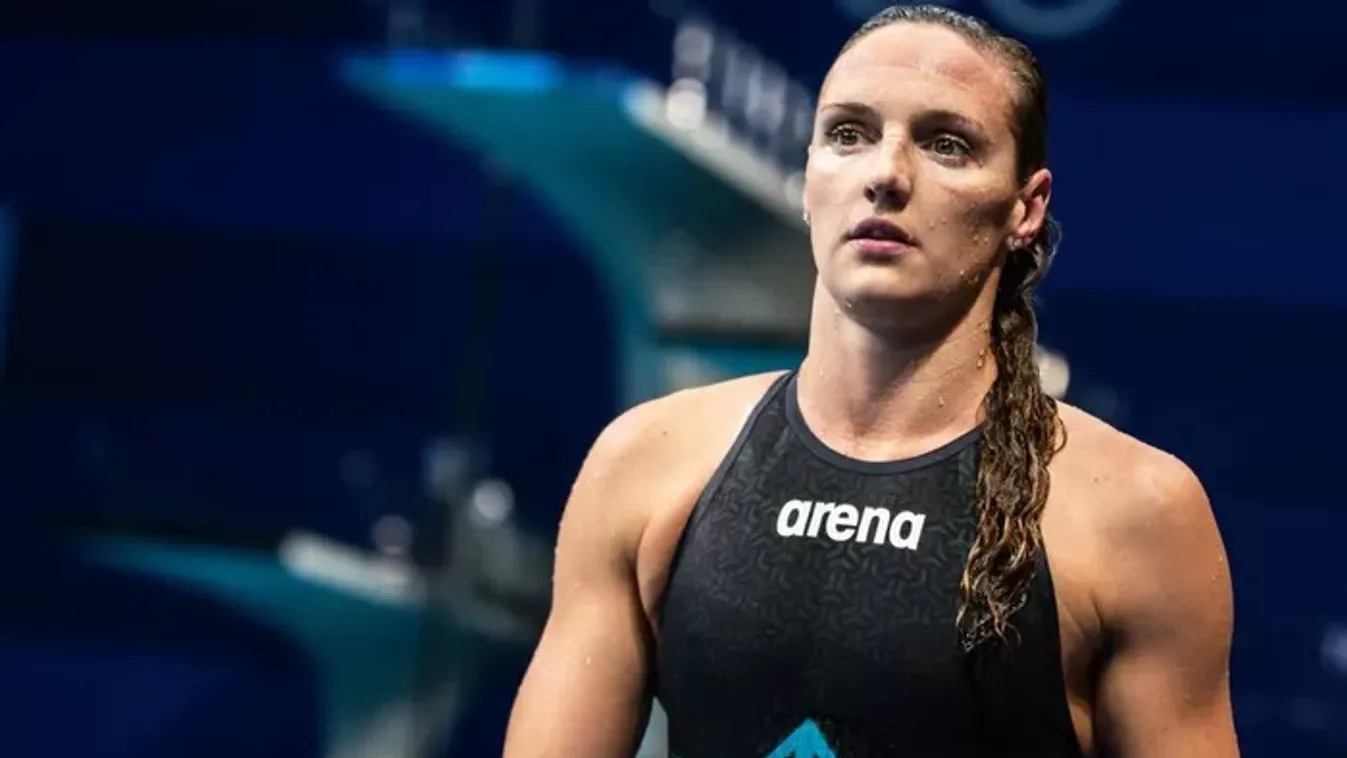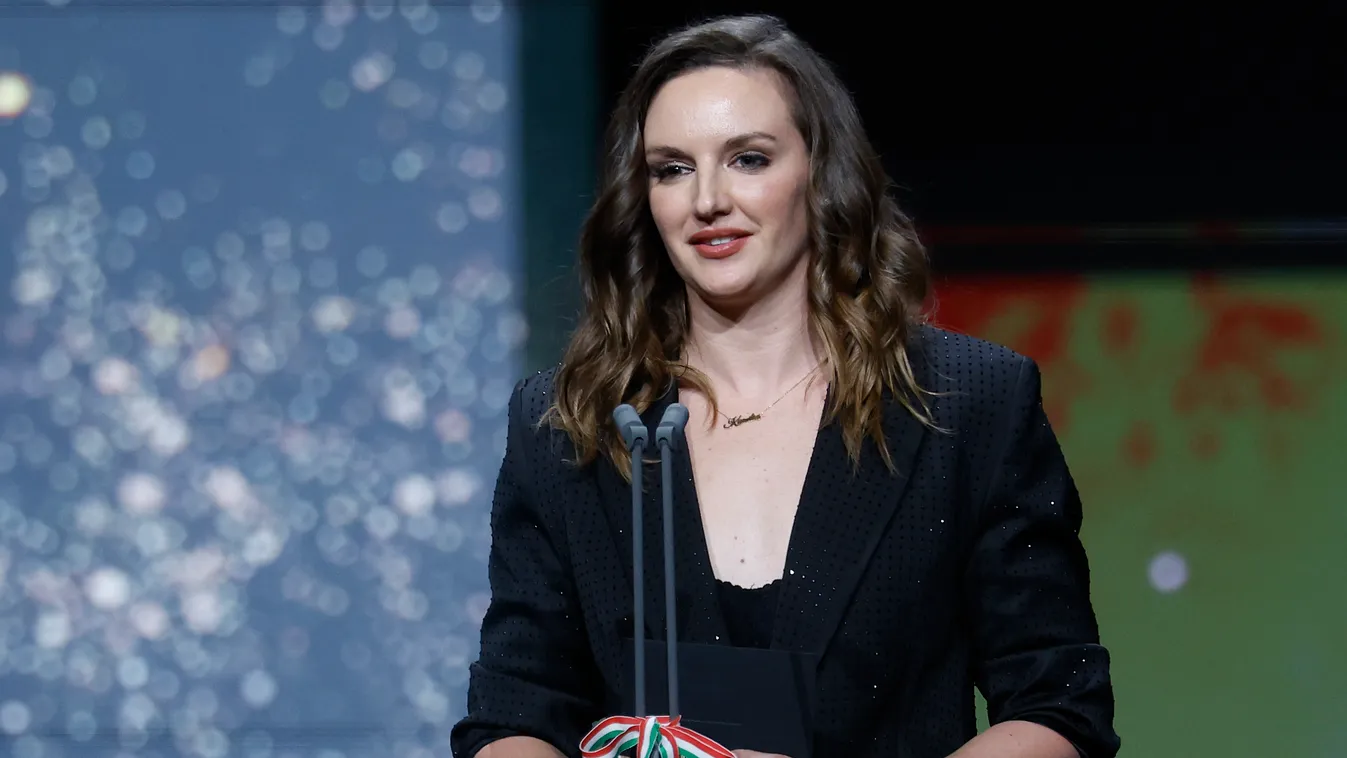The Katinka Hosszú Swimming Academy is on the way!
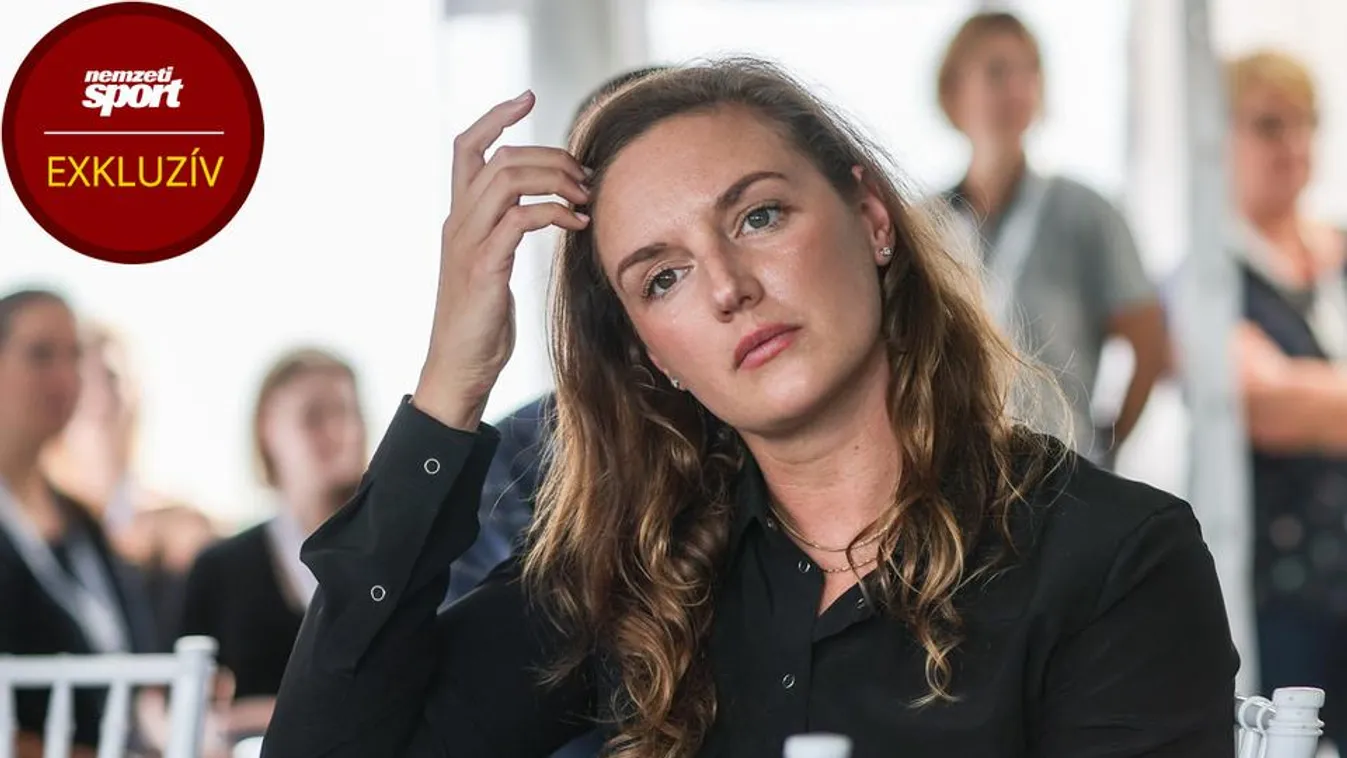
– A few weeks ago, there were headlines announcing that Katinka Hosszú was back in training, so let's get this straight from the start. Is it true?
– Yes – replied Katinka Hosszú. – The fall was about relaxing, and this period helped me think through a lot of things. The fact that I always want to go forwards hasn't changed, but I have reassessed a few matters, and I have realized that the ninety-seven medals I have won in world competitions are the most in the world. No one has more and not even this many.
– Will there be 100 of them?
– You see, you ask the same question instead of talking about how good it is that I still don't give up after thirty. I would like to change the mindset about it a little bit that I think it's very important that experienced competitors stay in the world of sports. And it's not necessarily about winning, especially not constantly: I've been given a lot from swimming, I've learned plenty from the sport over the last almost three decades, and now I want to give something back.
– I suppose the latter also means something specific, which we'll come back to. But tell me, what does it mean that you've started training? Are you training because you love swimming, or are you training because you want to represent Hungary in world competitions if you get the chance?
– I have always said that I will compete as long as I love swimming. I don't think I should be ashamed of last year either because I was the fourth best in the world. But there's no doubt that I've reformulated a lot of things, so I reaffirm it's great that there are some of us over thirty who are still swimming and who have plans for the future in swimming. We are not changing to another profession, but we want to continue to achieve what we were the best at, whether in the water or on dry land.
– But since you were the one who delivered the gold medals for years, who set the world records, you are the one who is being insulted, saying why don't you retire already.
– In this respect, I would just like to point out once again that you have to take a different approach, you have to take a different view of what sport is all about. The reason why I said that I would like to give something back to swimming is because I think it is important that the athlete sets an example to young people. It's important what the swimmer represents, which is the modest dedication to work hard – it's not just about the medals.
– As a role model, as a top-notch swimmer, do you have the voice and the strength to change that attitude? Can you do something about some people no longer talking about you as an icon?
– I don't have to deal with the latter, just focus on my tasks. The results that I have achieved, I have achieved them. The ninety-seven medals won in world competitions are the most ever achieved by a swimmer, and this was achieved by a Hungarian athlete. That's why farm teams are important to me because I want us to continue to be successful, so that Hungary will still be a swimming power in twenty or thirty years, too. We are a small country, but through sports, we can always put ourselves on the world map.
– And how can you help? Say, you would stand on the pool edge?
– I've helped before as well. I've always supported my club with my own sponsorship money. Despite the pandemic's two years, we are still here, we are self-supporting, we don't win tenders. We have a budget, we don't receive anything other than performance grants that all clubs get within the federation system. Contrary to rumors, we also pay rent, and maintaining the club is not cheap. Nevertheless, the swimmers are performing better and better. My club has always been able to count on me financially because I have never given up on my goals. I have spent almost all my life in this sport, I have been exposed to many cultures as my fellow swimmer mates were from all over the world. I have also had many coaches, so I have accumulated knowledge and business contacts at home and abroad that I can put to good use. The President of the Hungarian Swimming Federation, Sándor Wladár, often highlights the importance of the profession and the fact that, unfortunately, many young people are lost in the system. This means that there is no academy system in this sport, although there are examples in individual sports, such as the István Kozma Hungarian Wrestling Academy or the Katalin Kovács National Kayak-Canoe Academy. I would also like to start such an institution. I am not even talking about the facility for the time being, that is perhaps not realistic in the current economic situation, but I would like to concentrate on the profession. It would be good if we could give young people the opportunity to focus on quality work and concentrate on a slower but therefore long-term development. The younger age group is already growing up in a results-oriented system but jumping from one age group to another is not an easy task at all, and at these turning points, we lose many swimmers. This is exactly what the academy is for: to build that bridge, as it has happened in other sports. It would a separate institution that still works with the federation. The academy system in swimming would also focus on farm team, as would the thirty-one academies in the country in different sports. And I would give all the international experience and help that I can through my contacts and achievements.
– Your eyes sparkle as you talk about the future academy. But how do you have time to get to the point where you are placed in one of the top two finishes in the Hungarian rankings in a given event to then compete in a world competition?
– If I have a good team, that shouldn't be a problem. I would like to build up my own staff, to find professionals at home and abroad with whom I can work effectively.
– If you're currently focused on the launch of the academy, I shouldn't ask you when we'll see you back on the starting block. Or have you not yet set a specific goal in this regard?
– I have a long way to go, it's never easy to come back. Though I promise I'll get back to you when I have a clearer vision. But as I said, the most important thing for me is that I love going to the pool; swimming has never been a "must" in my life and I think it will stay that way. Results that will enhance the reputation of Hungarian swimming are not only achieved in the water. And I believe in that too.
– Do you ever think about Paris?
– I do.
Translated by Vanda Orosz.
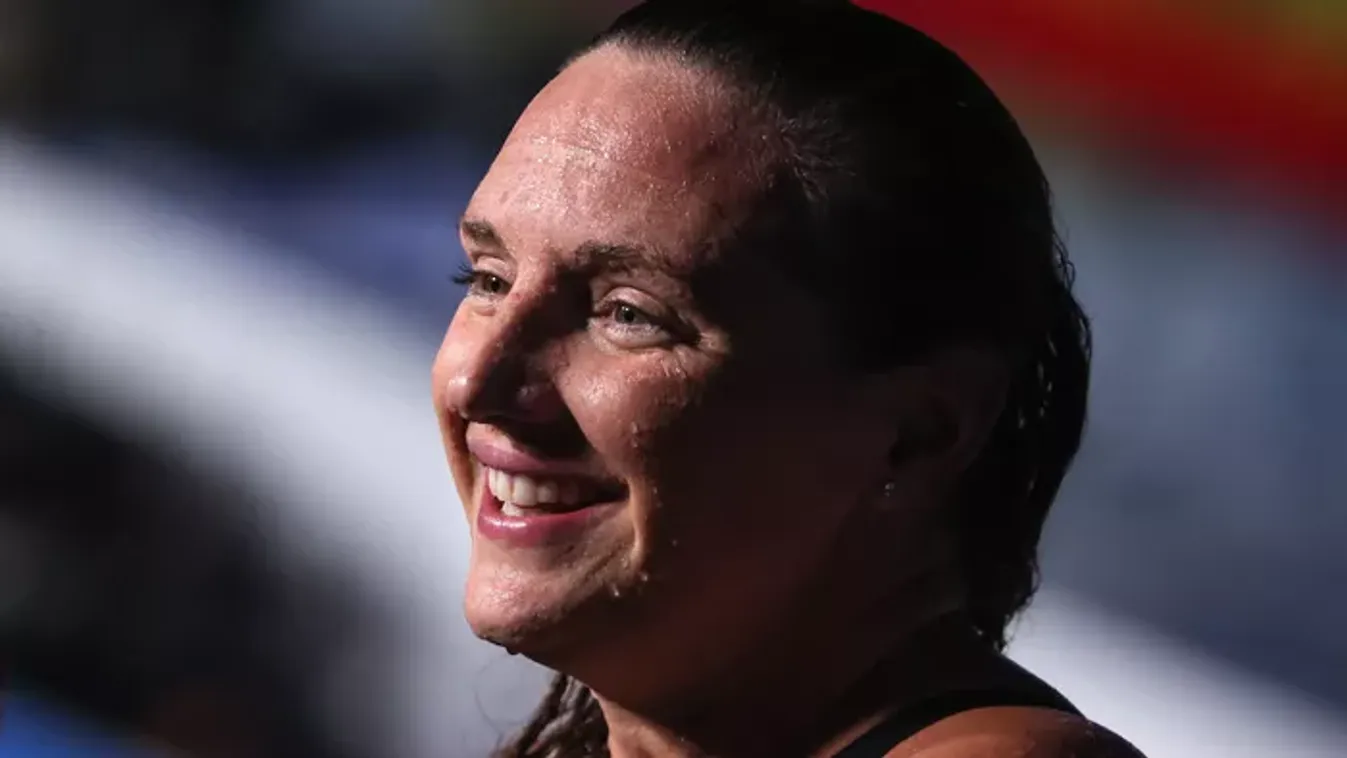
Megszületett Hosszú Katinka második gyermeke – kép
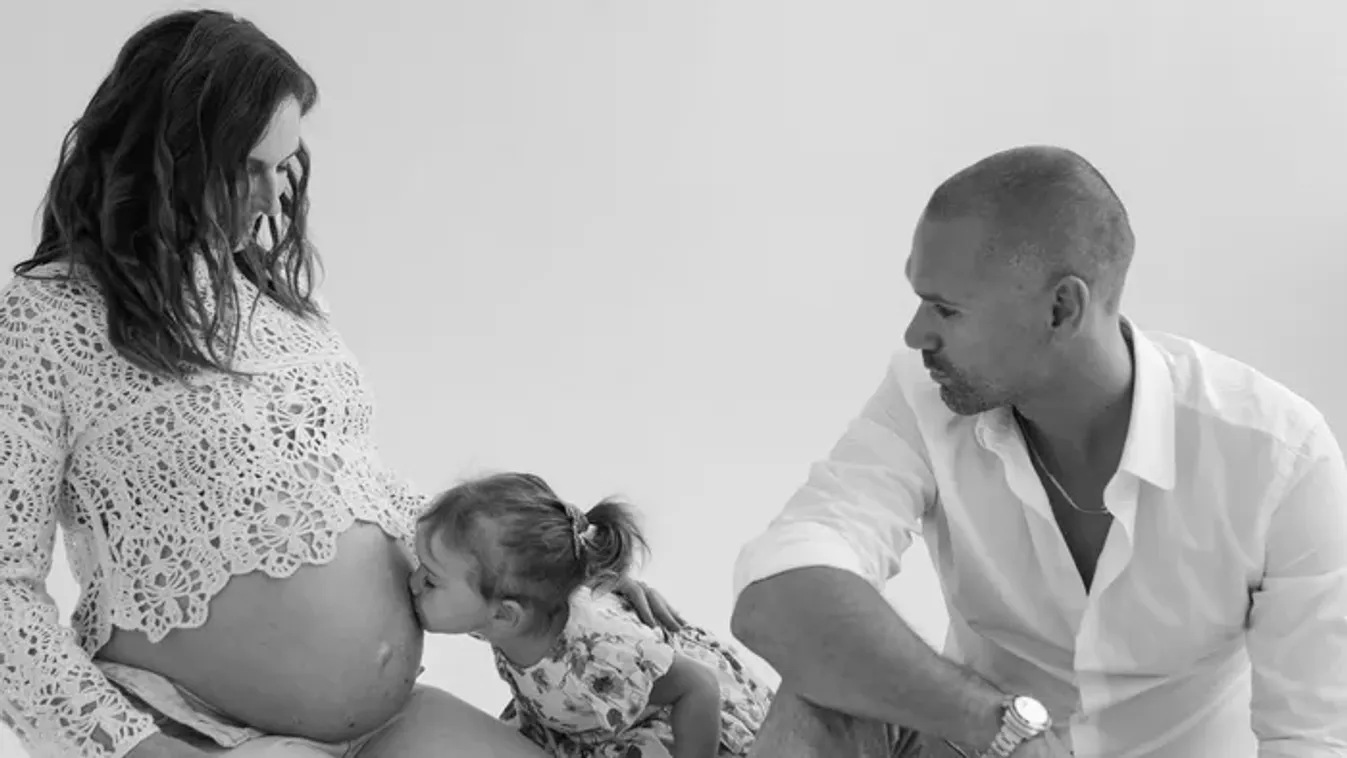
Második gyermekét várja Hosszú Katinka – kép
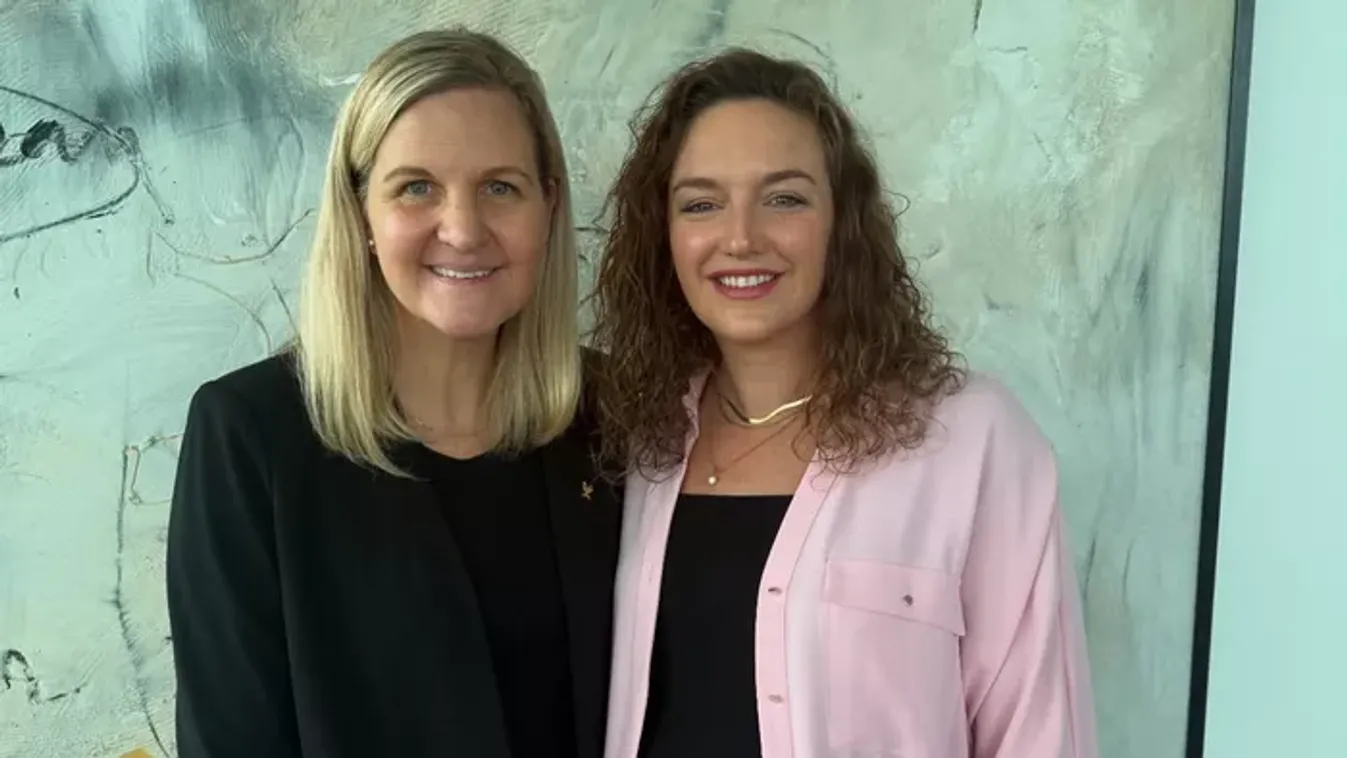
Hosszú Katinka találkozott a NOB elnökével – fotók
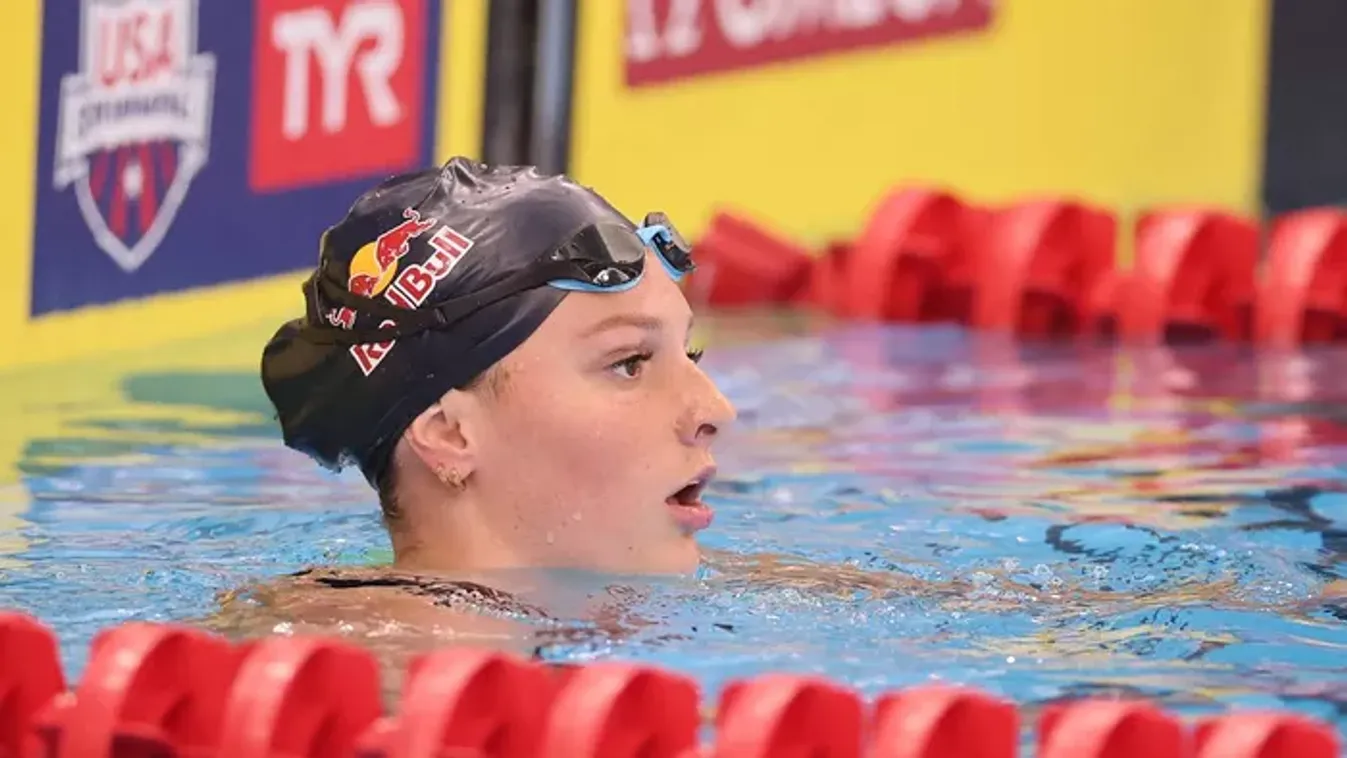
Summer McIntosh megdöntötte Hosszú Katinka tízéves világcsúcsát

